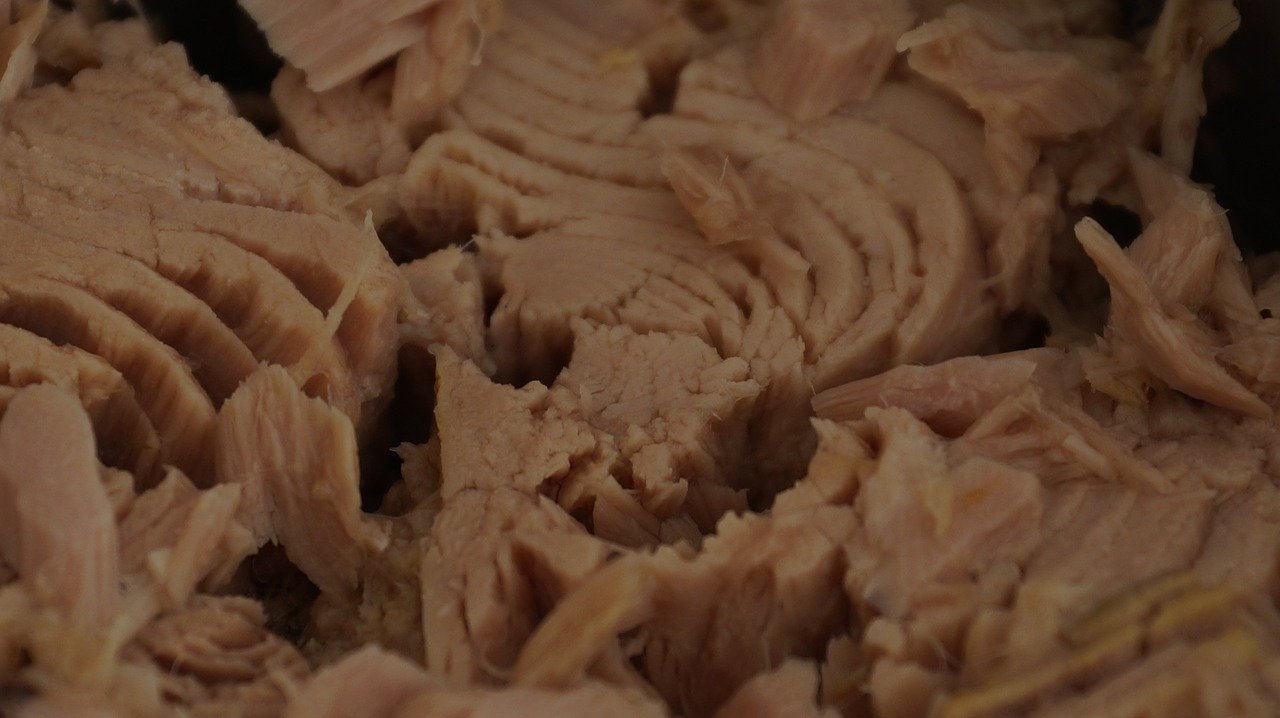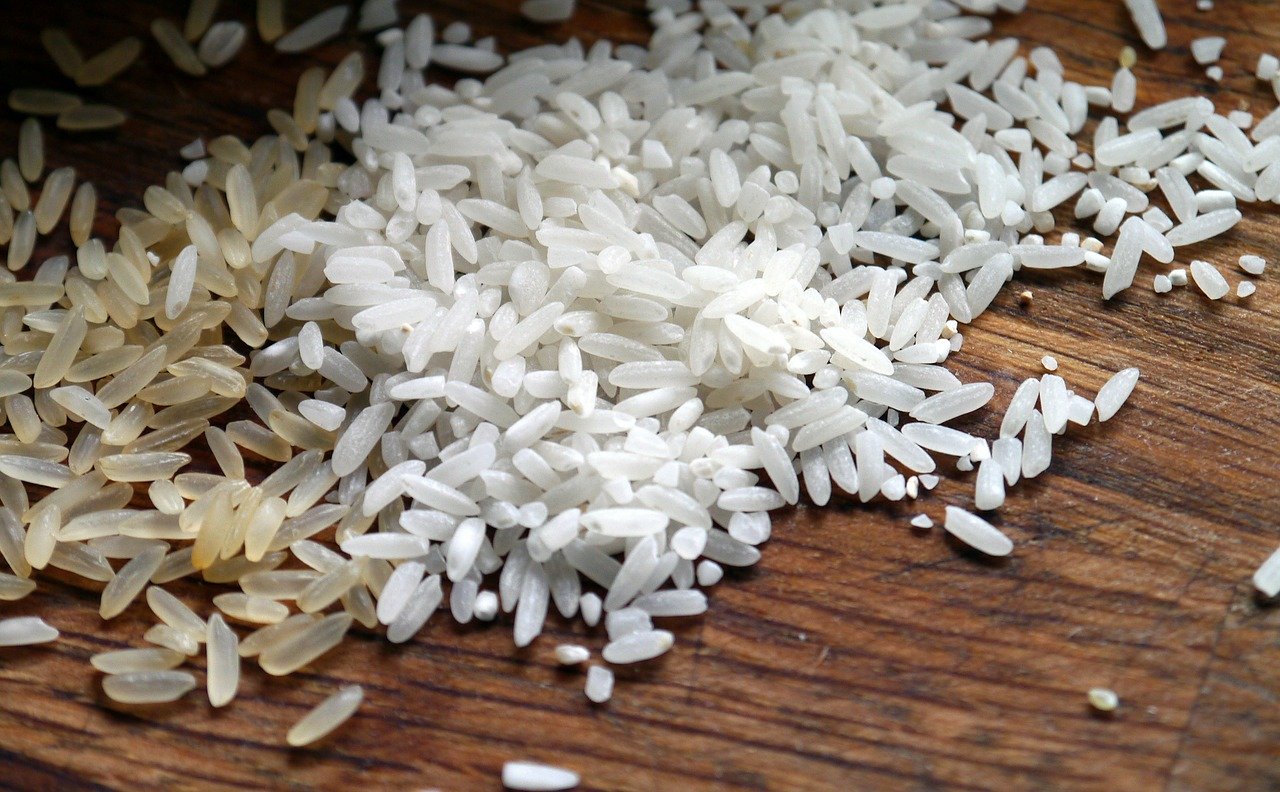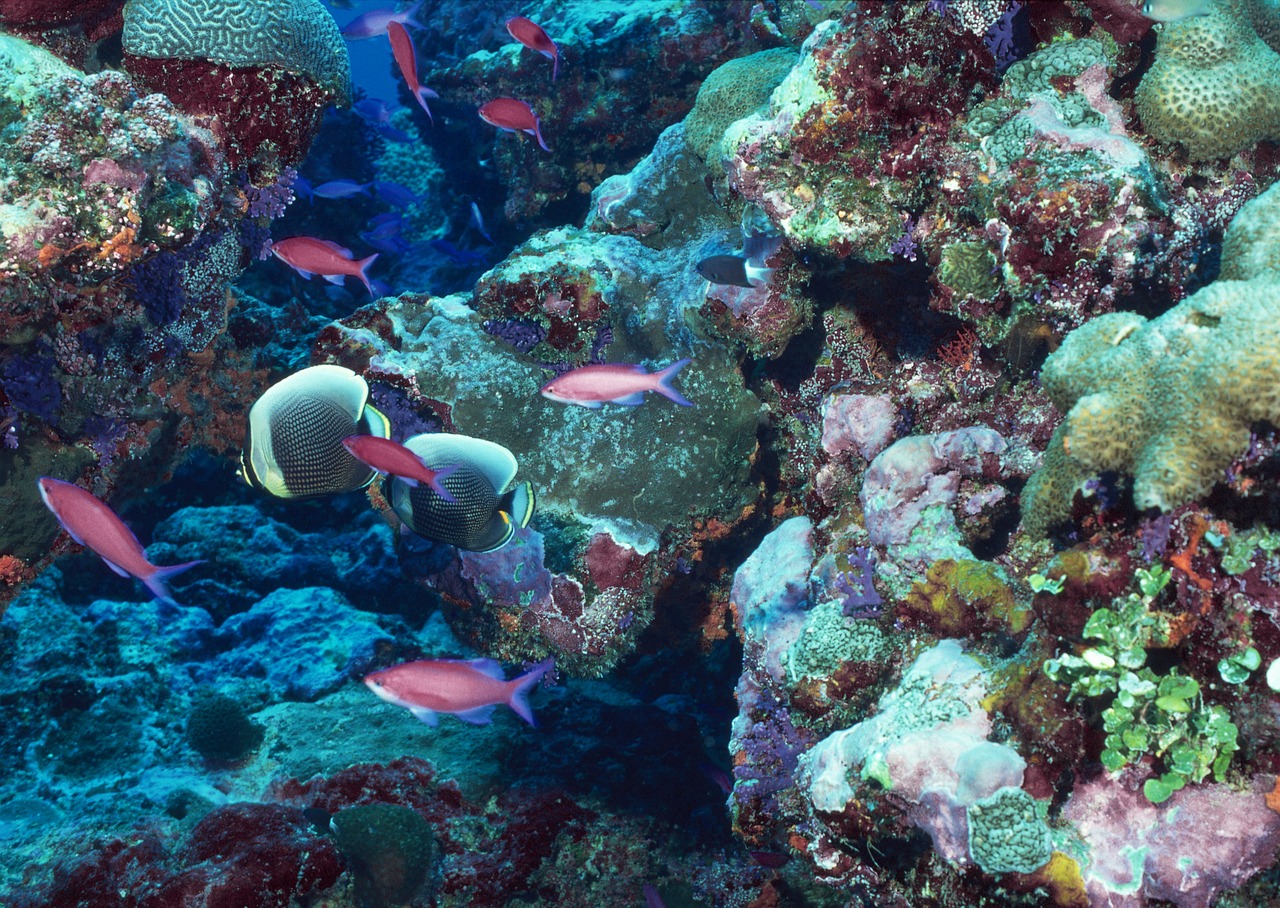In August 2018 researchers from Iran, Chile, Italy and Norway published their review of the medical scientific literature to analyse the pooled concentrations of metals found in canned tuna fish … Read more
Amongst soy-based foods, tempeh has the highest content of the toxic metal cadmium
In January 2020 researchers from the Czech Republic published the results of their study to assess the weekly dietary intake of cadmium from soybeans (or soya beans). A total of … Read more
The preparation and cooking methods applied for rice appear to effectively reduce the risks associated with toxic metals to an acceptable level, except for arsenic which was still at a level to be considered a carcinogenic risk
In July 2019 researchers from Iran published the results of their study to assess the effect of different pre-cooking and cooking methods on the concentration of toxic (arsenic, cadmium and … Read more
Sunscreen products are a significant source of metals and inorganic nutrients in coastal waters and are having a serious effect on marine ecology which must not be ignored
In August 2019 researchers from Spain published the results of their study to assess the release rate of dissolved trace metals (aluminium, cadmium, copper, cobalt, manganese, molybdenum, nickel, lead and … Read more
Moderate heavy metal exposure, due to at least once weekly fish consumption during pregnancy and in the first year of life, may increase the risk of juvenile idiopathic arthritis
In July 2019 researchers from Sweden published the results of their study to assess the association of early nutrition on the later development of juvenile idiopathic arthritis. The researchers followed … Read more
Consumption of 5 g/day of dehydrated seaweed does not pose a risk to the health of adults despite containing toxic metals
In March 2019 researchers from Spain published the results of their study to assess the content of toxic metals in edible seaweed samples marketed in Spain. A total of 73 … Read more






